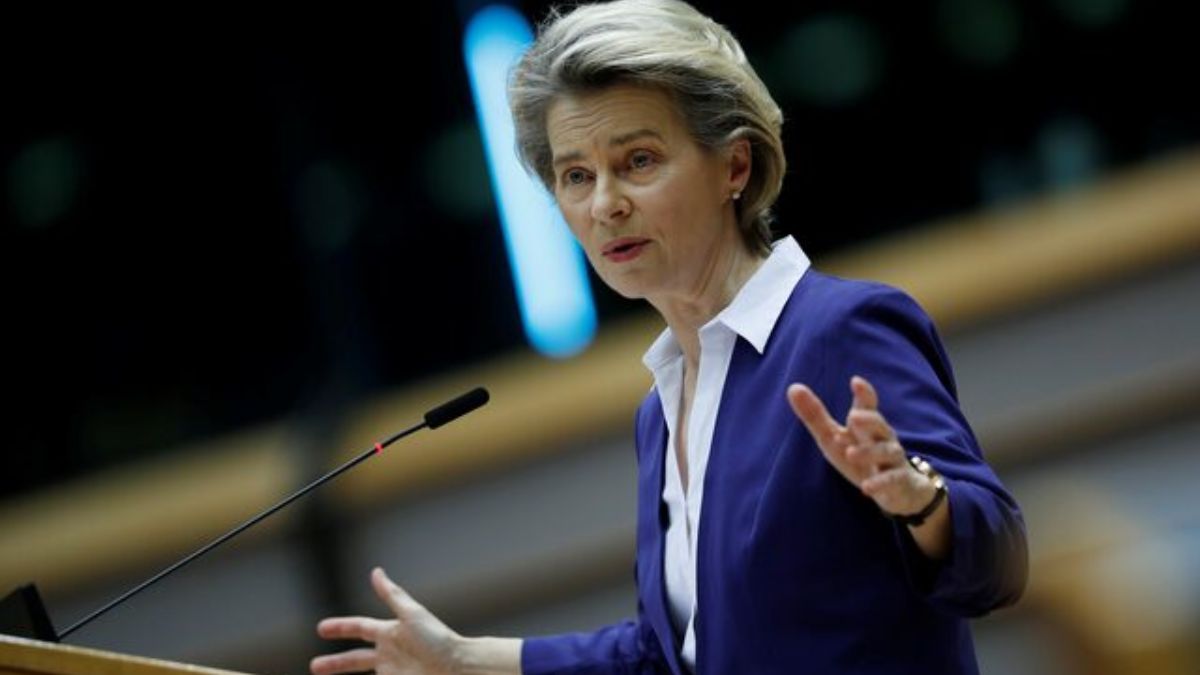The European Union expressed its willingness to engage in discussions with US President Donald Trump, stressing the importance of avoiding a trade conflict that could harm both economies and the global market.
Although Trump did not immediately impose tariffs on European goods, which he has previously blamed for the US trade deficit, EU officials remain cautious and have adopted a “wait and see” stance toward his administration.
European Commission President Ursula von der Leyen, speaking at the World Economic Forum a day after Trump’s inauguration said a new era of harsh global competition had been developing over the past quarter of a century.
Without directly naming Trump, she highlighted the growing reliance on sanctions, export controls and tariffs to protect national interests, a sign of departure from the era of liberalised trade.
“We will need to work together to avoid a global race to the bottom,” she said. “Because it is in no one’s interest to break the bonds in the global economy. Rather we need to modernize the rules to sustain our ability to produce mutual gain for our citizens.”
Trump said on Monday he wanted to reverse the U.S. trade deficit with the EU, either with tariffs or more energy exports. In one of his first moves, he has directed federal agencies to investigate persistent U.S. trade deficits and unfair trade practices and alleged currency manipulation by other countries.
Germany - whose trade surplus with the United States is close to record levels - is a potential target for action. However German Chancellor Olaf Scholz voiced cautious optimism after his first contacts with Trump’s administration.
Impact Shorts
More Shorts“The United States is our closest ally outside Europe. And I will do everything in my power to ensure that it stays that way,” Scholz told an audience in Davos.
“My first good conversations with President Trump and also the contacts between our advisers point in this direction.”
The euro single currency even managed a slight rise against the dollar on Monday, a likely relief to European Central Bank policymakers who are expected to go ahead with another interest rate cut to bolster the sluggish regional economy next week.
“Most of the (Trump) comments were related to ‘America’s first’ policy, but the initial comments appear better than feared by the market,” Mohit Kumar at Jefferies said, adding he expected ECB rate cuts this month and in March.
With inputs from agencies
)